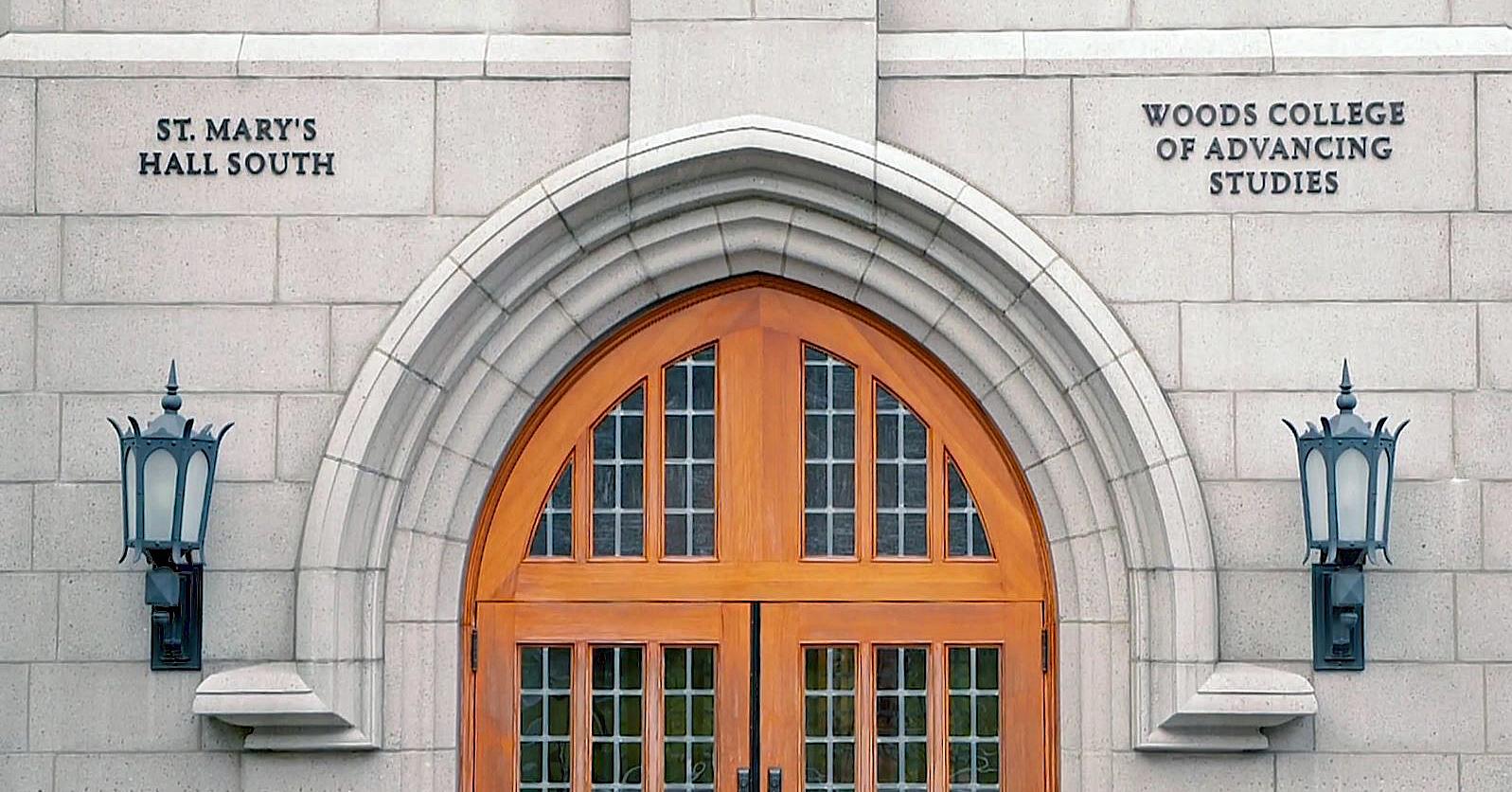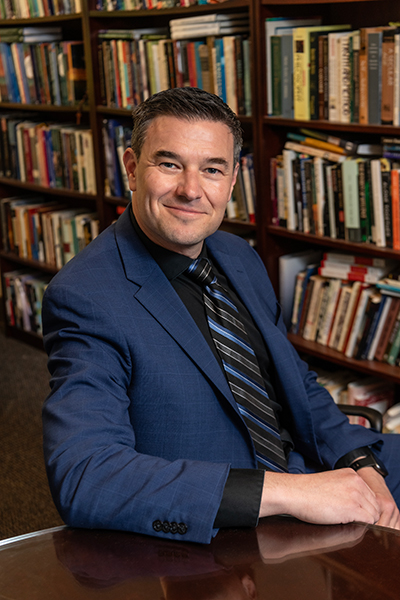
A story waiting to be told
Great writers, across genres, are often likened to psychologists in their ability to understand the complexity of human emotions, motivations, and behavior.
A new graduate program at the Woods College of Advancing Studies will enable aspiring writers to sharpen their own insights into the human condition while also honing their technical skills.
The Master of Arts (M.A.) in Creative Writing program, slated to welcome its first students in fall 2026, will blend psychological humanities and literary craft to inspire students to write with depth and purpose, while helping them to transform their ideas and experiences into well-structured, compellingly articulated, and insightful narratives.
Its interdisciplinary 10-course curriculum—to be taught by prominent contemporary authors as well as by Boston College faculty from across disciplines—will provide a rigorous focus on structure and technique while also drawing deeply from philosophy, psychology, and modern literature, making the program well suited to students with a humanities background, as well as to working professionals in all fields with an interest in writing for personal fulfillment, creative expression, or publication.
Humanities based-course areas include writing as a psychological endeavor, the psychology of both tragedy and comedy, writing the mind, the healing power of writing, psychological realism, the subconscious in storytelling, and life as literature.
Notably, in contrast to writing-intensive graduate programs that have a high-residency requirement, the Woods College program will offer a hybrid format that combines the flexibility of online learning with opportunities for personal engagement through small class sizes, workshops, and retreats.

Woods College Dean David Goodman (Lee Pellegrini)
The program's emphasis on psychology also makes it an appealing choice for clinicians, psychotherapists, and other healthcare professionals interested in improving their writing, or tapping into their own training and experience as a source of inspiration. Many professionals and clinicians feel they have stories worth telling, program administrators say, but require the tools and community to do so meaningfully, as well as a flexible program that can accommodate their schedules.
"Everyone has a compelling story to tell," said Woods College Dean David Goodman. "Particularly those working in the fields that care for others in their suffering and need. What such potential authors—and all aspiring writers—need is the time and space to focus on the craft of storytelling, while simultaneously cultivating the kinds of keen insights into the mind and the human condition that only great literature can provide. This program offers just such a space. It is a truly novel approach, unlike any other writing program out there."
Goodman, who holds a doctoral degree in clinical psychology, has published extensively as both an author and editor, and oversees two book series that highlight the creative work being done at the intersection of psychology and the disciplines relevant to the human psyche, emphasizes that the coursework for this degree is grounded in the psychological humanities, a field that weds the best insights from psychology with the rich intellectual traditions of philosophy, theology, literature, and art.
"There is no question that reading theorists like Freud alongside novels by authors such as Tolstoy, Proust, and Dostoevsky will make you a better thinker," he said. "And great writing always flows downstream from great thought. This program is designed to teach you both."
For more information, visit the M.A. in Creative Writing website.
